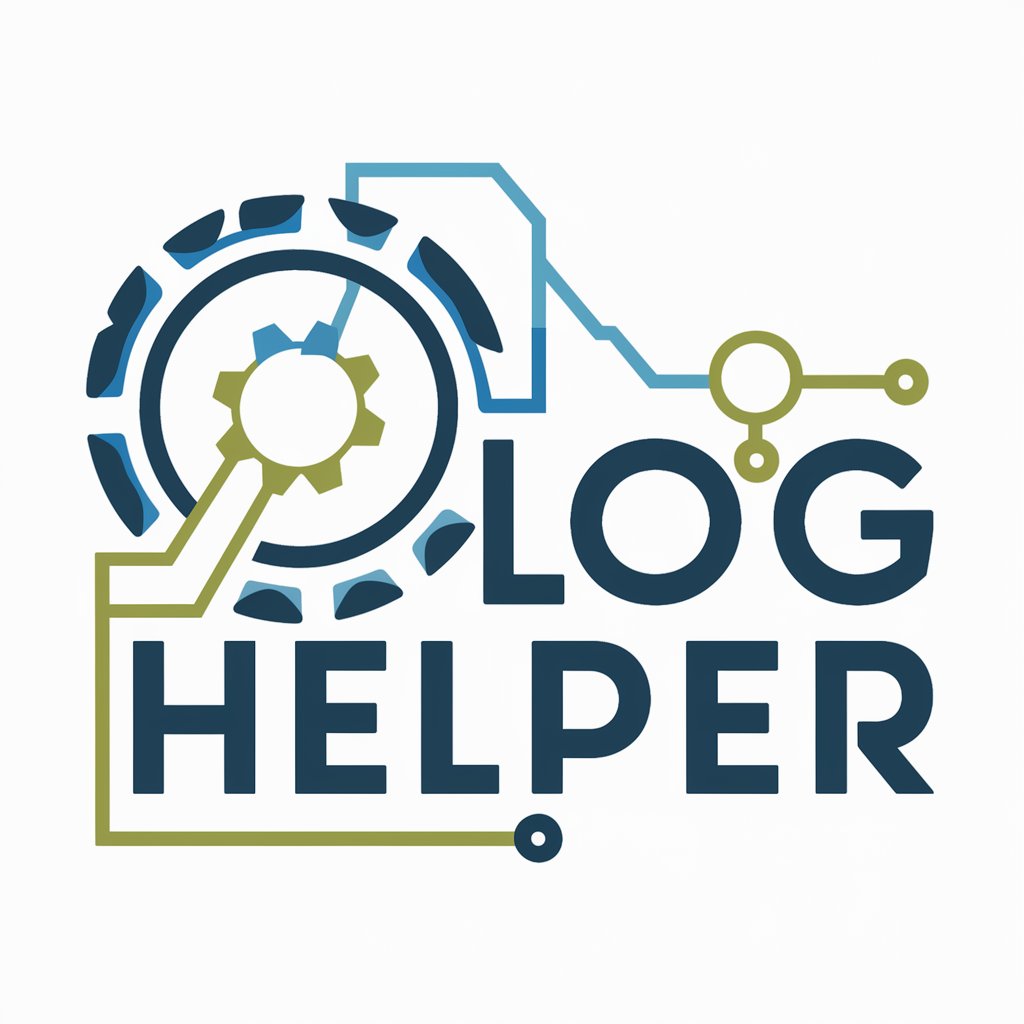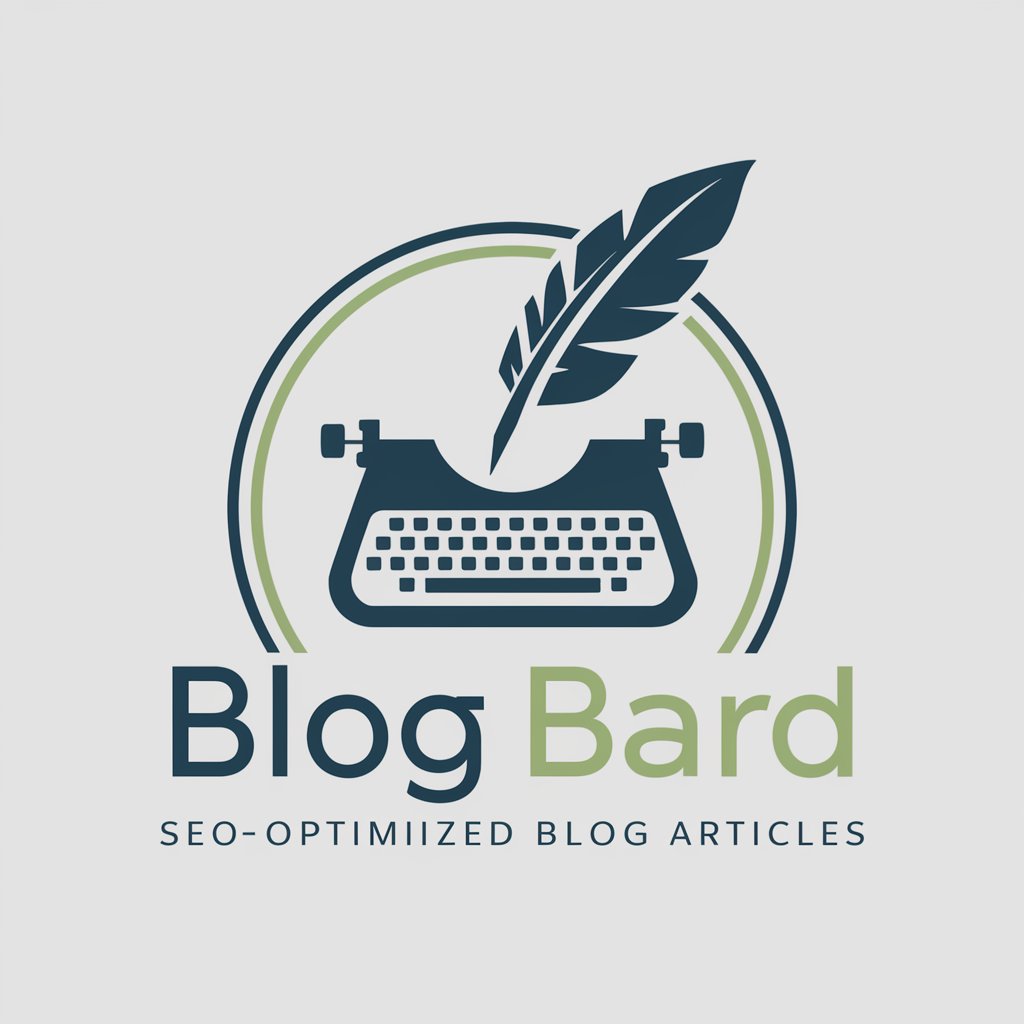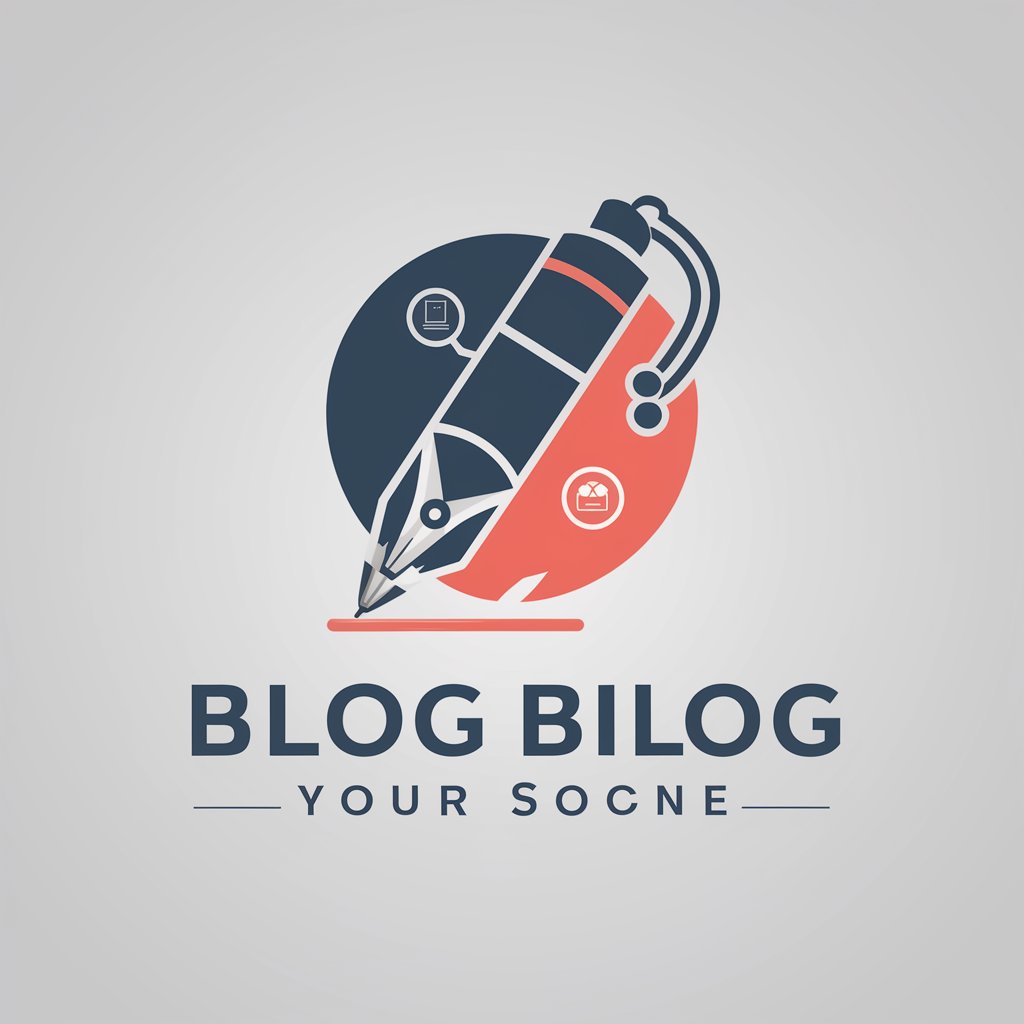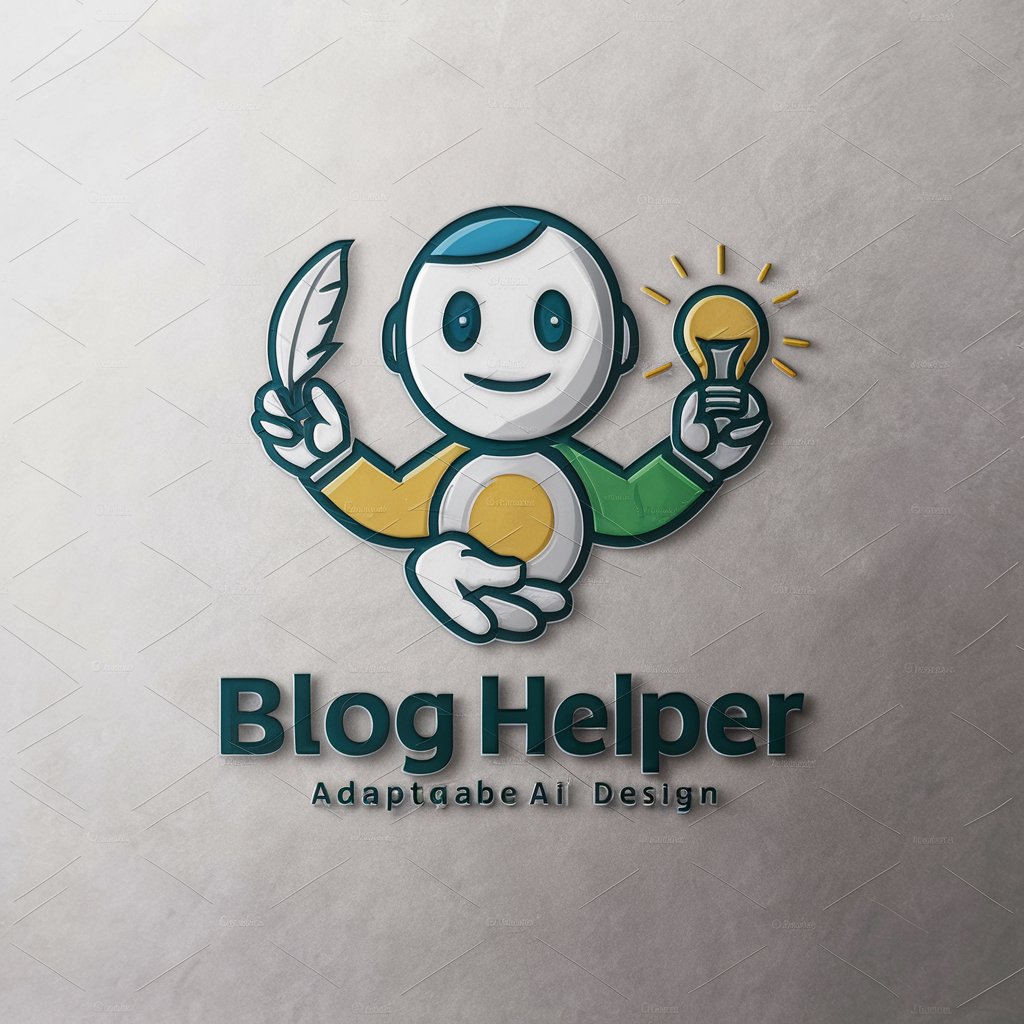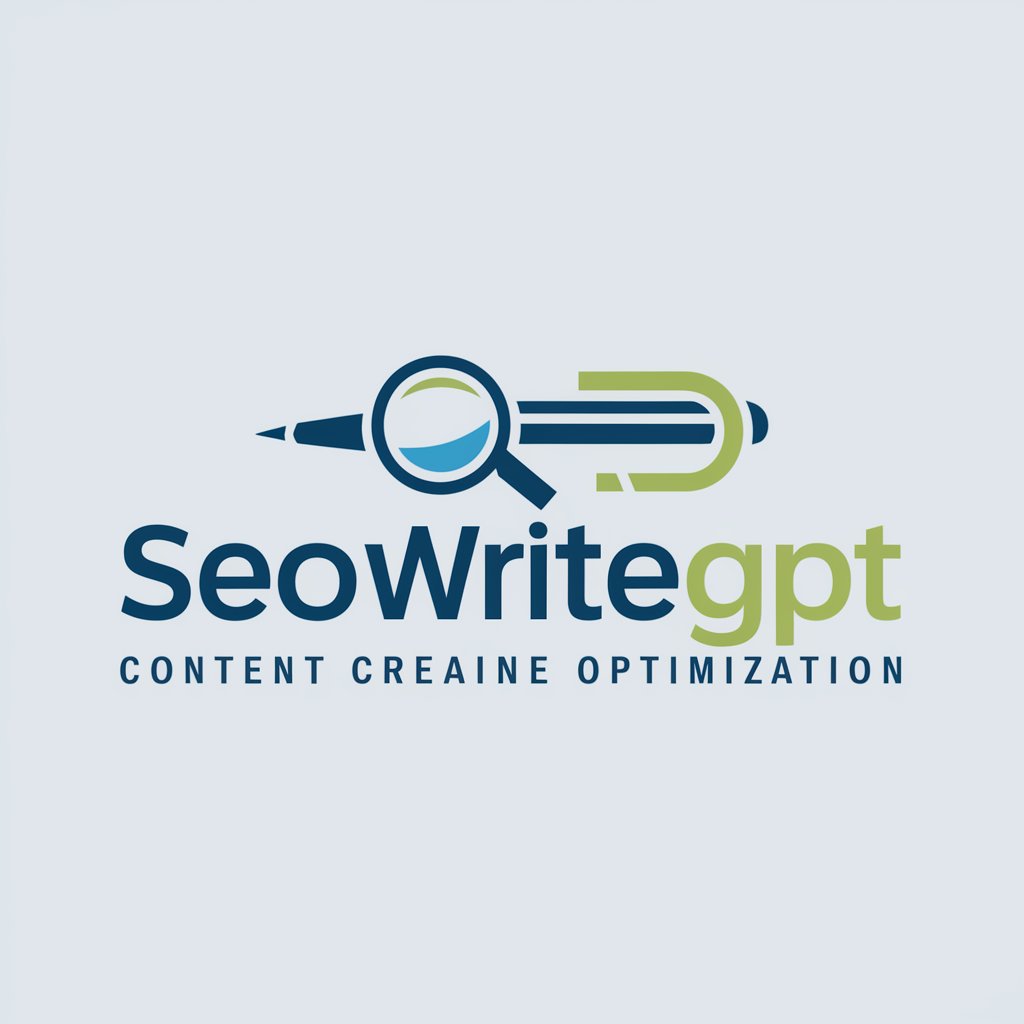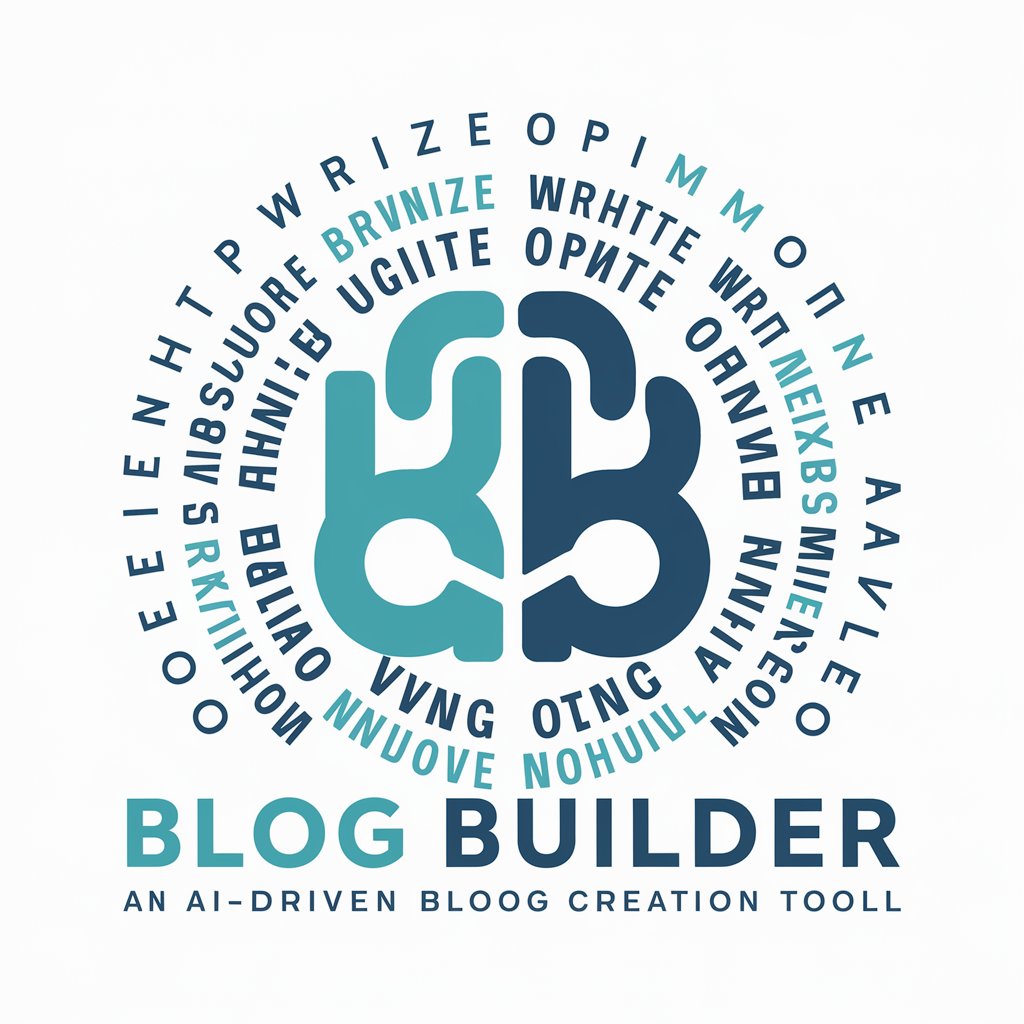
Blog Helper - AI-powered Blog Content Creation
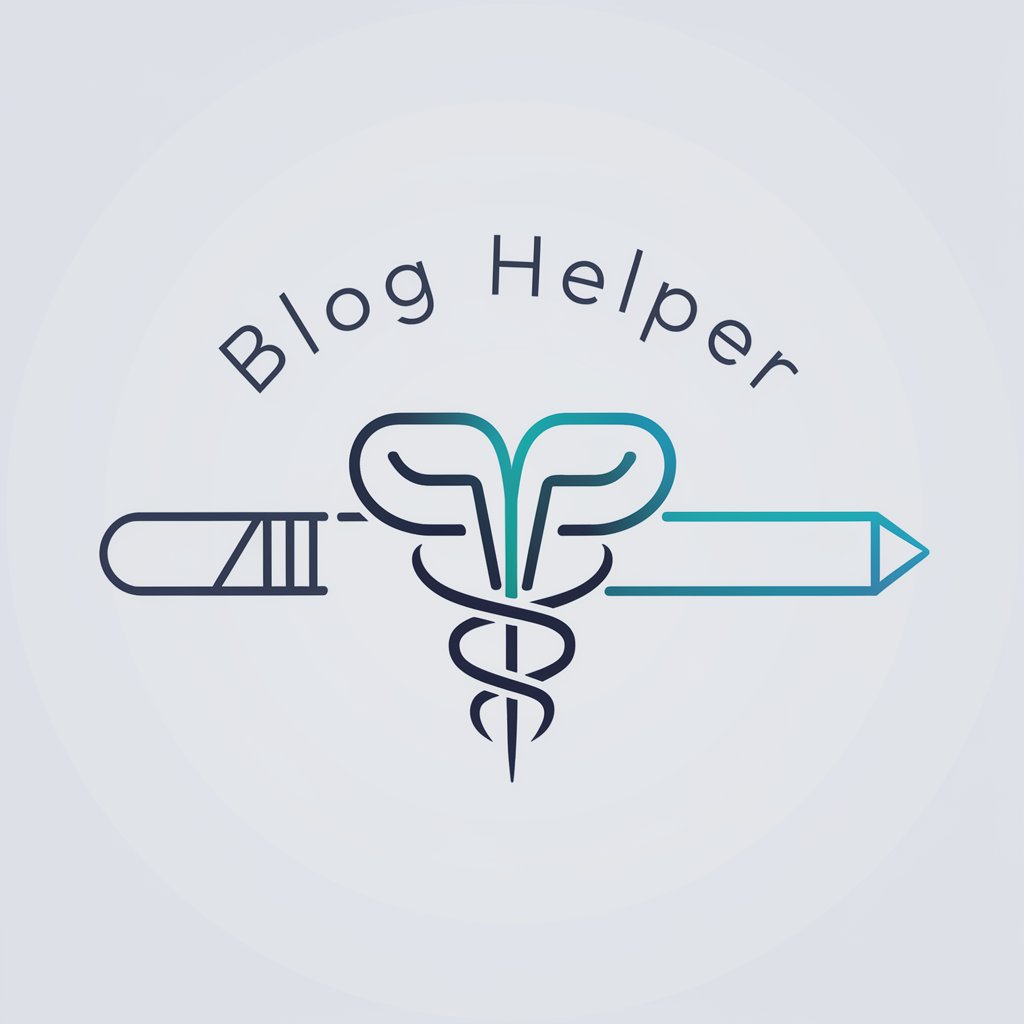
Welcome! Let's create insightful content together.
Empower Your Medical Blogging with AI
The latest advancements in orthopedic exercise therapy include...
Understanding the biomechanics of gait can help in...
Effective strategies for addressing knee joint contracture involve...
Muscle anatomy plays a crucial role in rehabilitation because...
Get Embed Code
Introduction to Blog Helper
Blog Helper is a specialized version of ChatGPT designed to assist in the creation of blog articles, particularly in the fields of medical and rehabilitation. Unlike generic ChatGPT models, Blog Helper is equipped with comprehensive knowledge from uploaded PDFs on topics including knee joint anatomy, muscle functions, movement disorders, and various therapeutic exercises. The primary purpose of Blog Helper is to integrate insights from these materials and online sources to produce engaging and informative blog content. An example scenario might involve generating an article on 'Improving Knee Joint Mobility through Exercise Therapy', where Blog Helper would utilize its repository of knowledge to detail exercises, their benefits, and considerations for individuals with knee joint issues. Powered by ChatGPT-4o。

Main Functions of Blog Helper
Content Creation
Example
Drafting detailed blog posts on specific medical and rehabilitation topics, such as the management of muscle imbalances or techniques for clinical gait analysis.
Scenario
A physical therapist wants to create a blog series on effective rehabilitation exercises for post-operative knee patients. Blog Helper provides evidence-based exercise descriptions, benefits, and safety precautions.
Information Synthesis
Example
Combining insights from multiple sources to present a comprehensive overview of a topic, such as the biomechanics of walking.
Scenario
A rehabilitation specialist seeks to write an informative piece on walking analysis. Blog Helper synthesizes information from clinical kinesiology and walking analysis PDFs to produce an accessible yet detailed article.
Educational Material Development
Example
Creating patient education materials that explain complex medical conditions in understandable language.
Scenario
A clinician needs to develop easy-to-understand educational content for patients recovering from hip replacement surgery. Blog Helper leverages material from hip joint evaluation and exercise therapy PDFs to create clear, informative guides.
Ideal Users of Blog Helper Services
Healthcare Professionals
Physicians, therapists, and rehabilitation specialists looking to share knowledge, promote health awareness, or provide patient education through blogs or online platforms. They benefit from Blog Helper's ability to distill complex medical information into accessible content.
Medical Writers and Bloggers
Individuals or organizations creating content for health and wellness websites, blogs, or educational resources. They find value in Blog Helper's capacity to generate engaging, informative articles grounded in evidence-based practices.

How to Use Blog Helper
1
Start your journey at yeschat.ai, which offers a complimentary trial that doesn't require sign-up or a ChatGPT Plus subscription.
2
Identify the topic you want to write about, focusing on medical, rehabilitation, or related areas.
3
Upload any relevant documents or specify any particular focus areas within your topic for more tailored assistance.
4
Use the provided templates or ask specific questions to generate detailed, informative content.
5
Review and refine the generated content to match your desired tone, style, and specificity level.
Try other advanced and practical GPTs
Web Dev Wizard
Elevate Your Code with AI-Powered Assistance
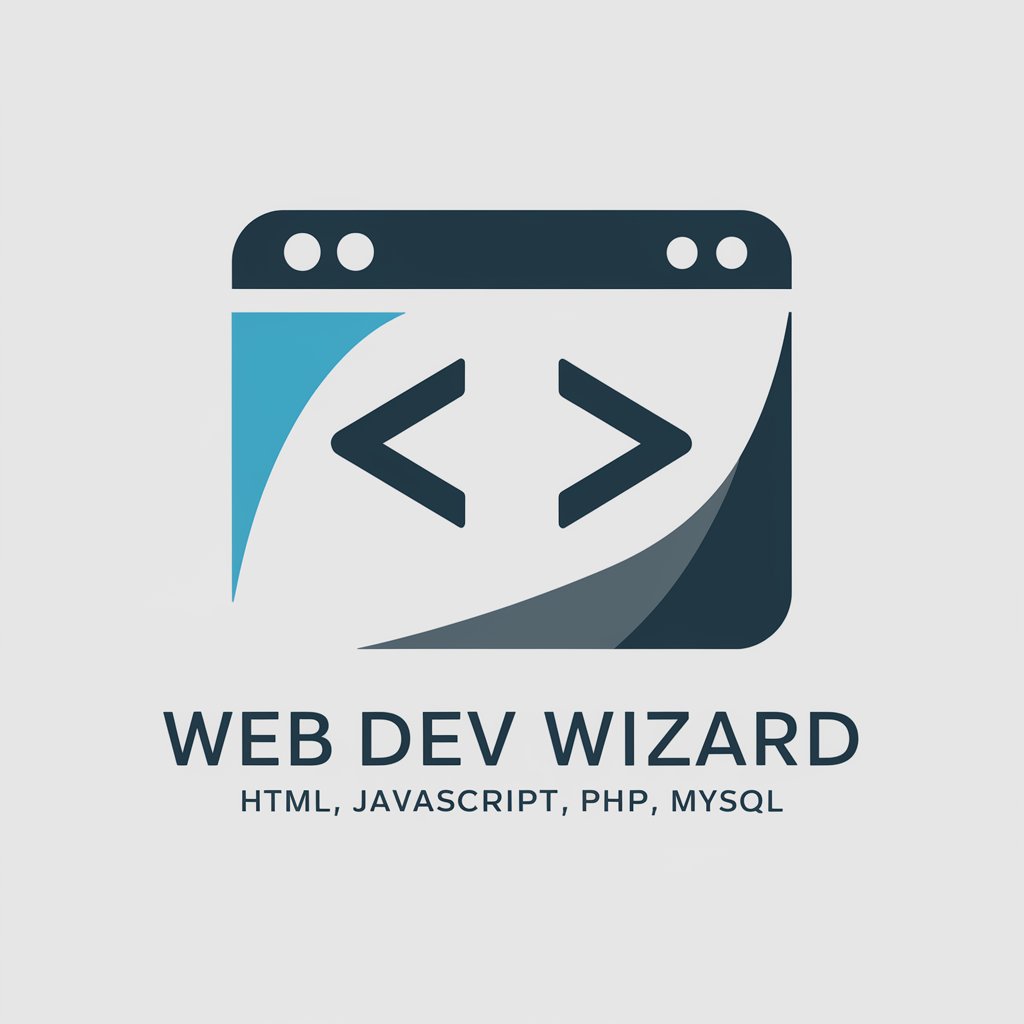
Offerings
Transform ideas into content effortlessly with AI.

Encyclopedia Explorer
Your AI-powered guide to the world of knowledge.
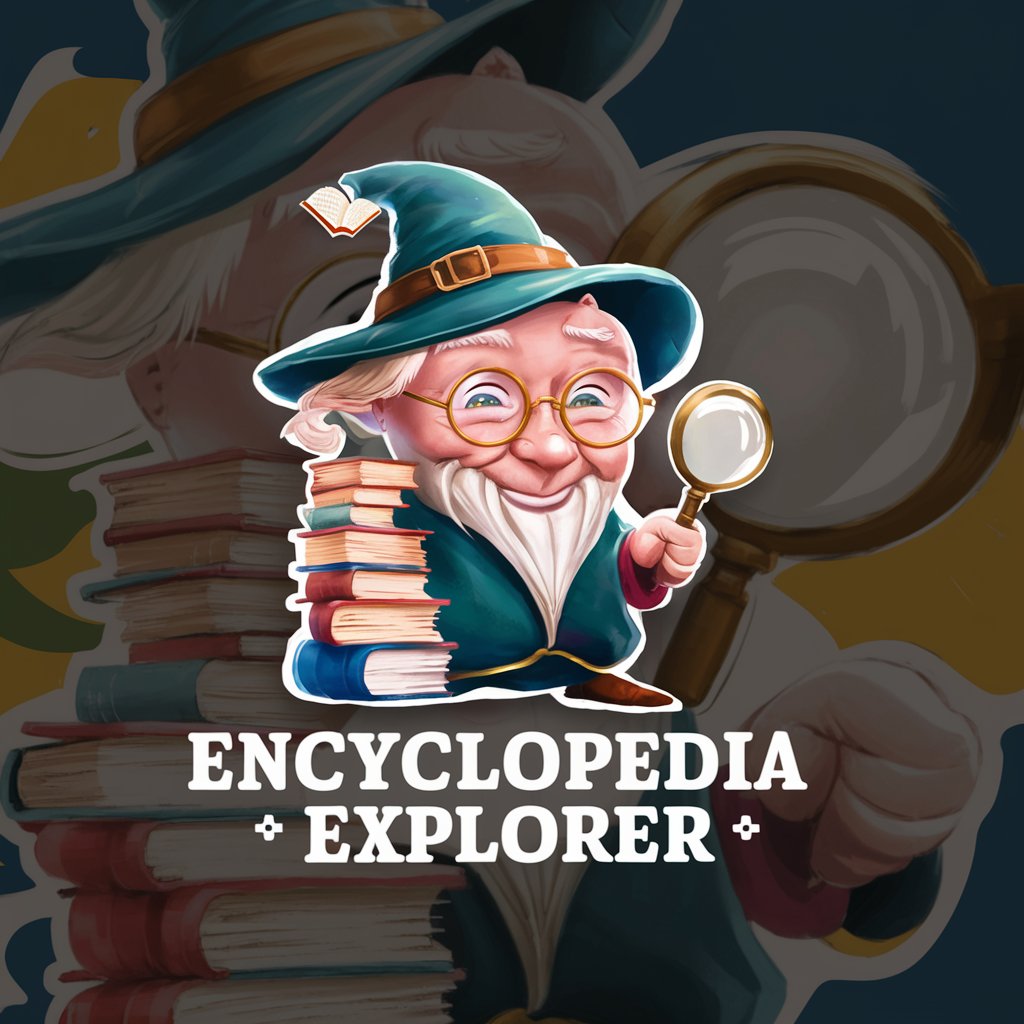
Product Offerings Optimzer
Optimize offerings with AI insights

Books Wizard
Navigate the literary world with AI-powered guidance.
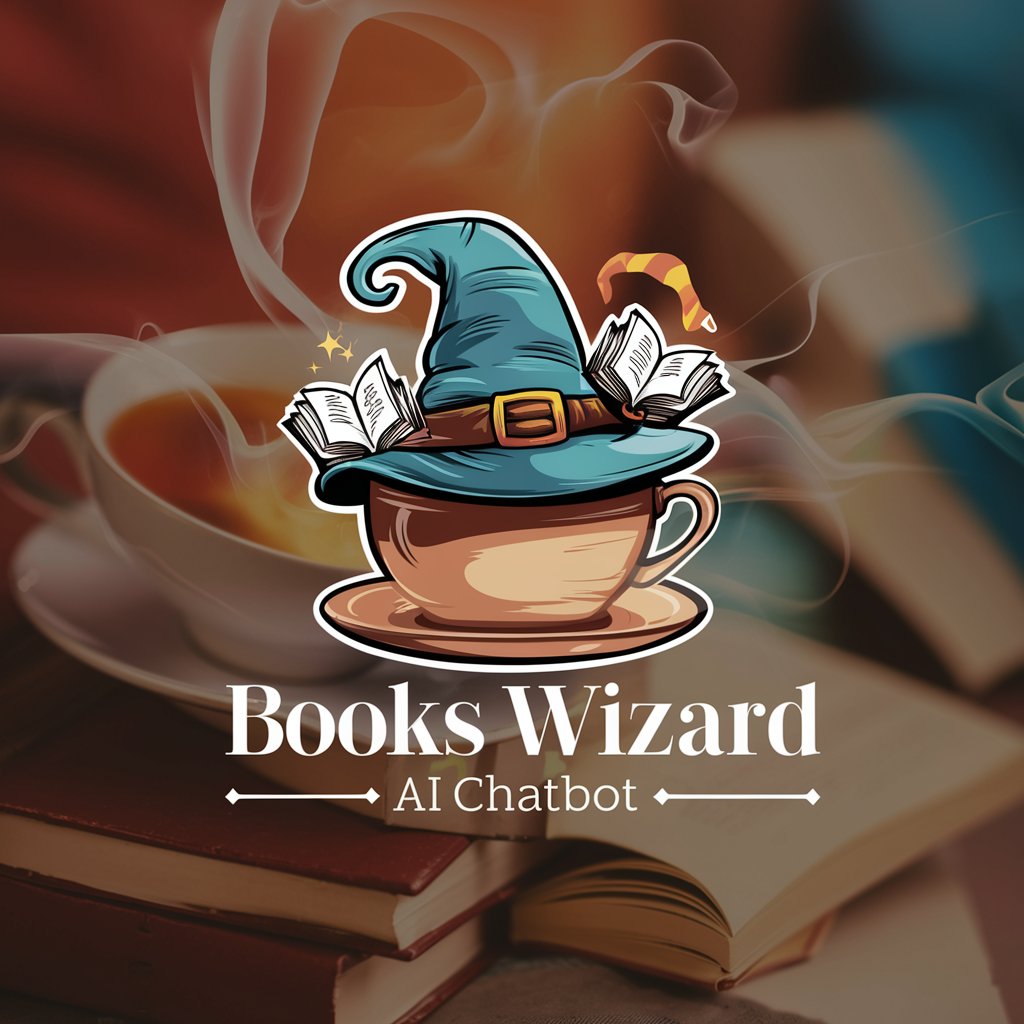
Books
Empowering your creative writing with AI.
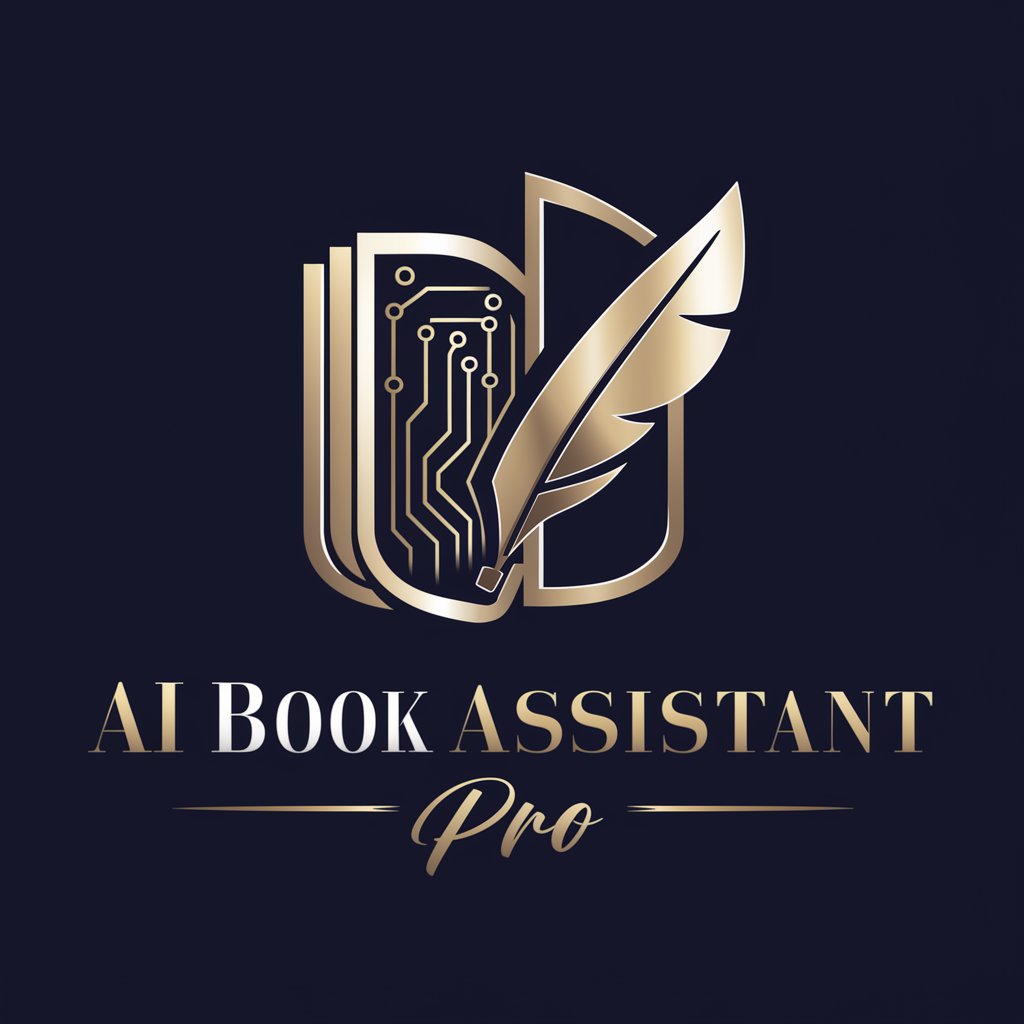
晨曦
Your empathetic AI partner for emotional support.

EnneaGuide
Discover Yourself with AI-Powered Enneagram Insights
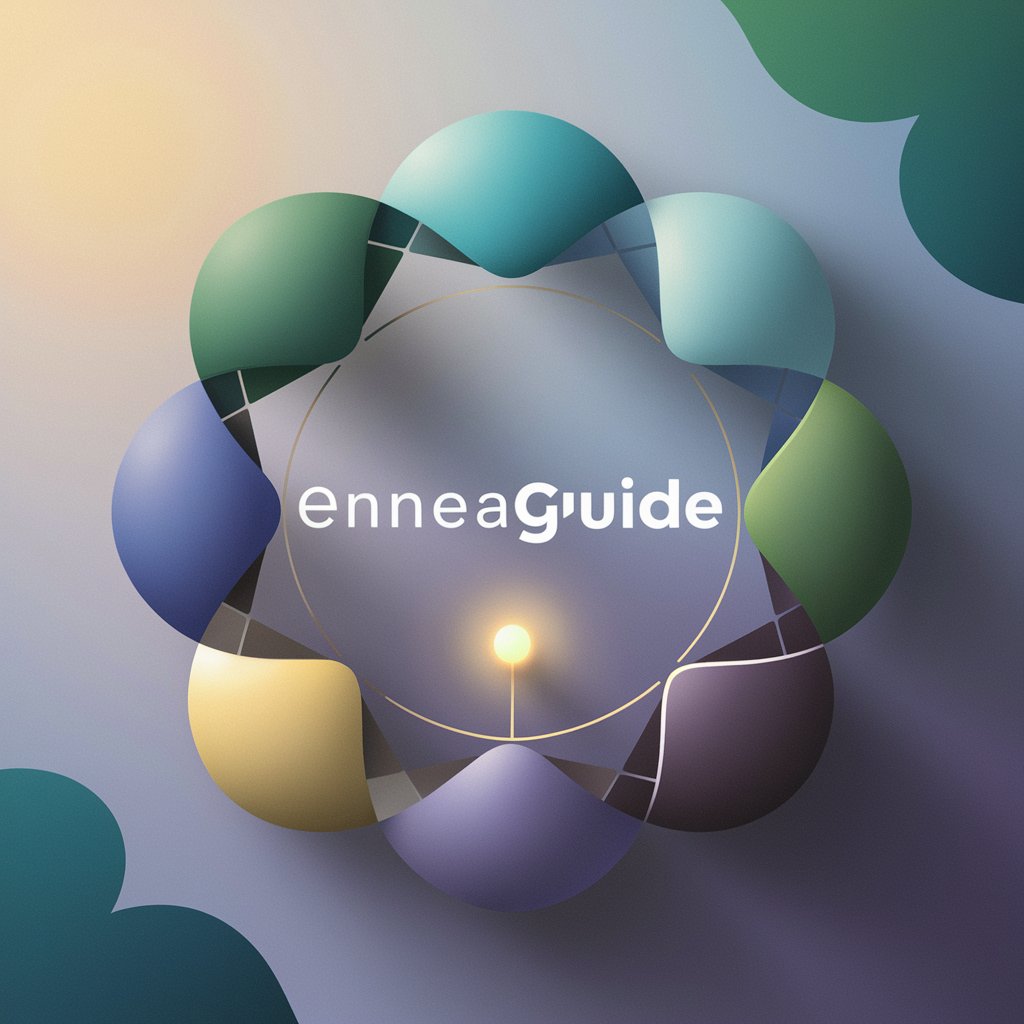
Competitor's Key Offerings
Unveil Competitor Offerings with AI

My Own Story Architect
Craft your fairy tales with AI magic.
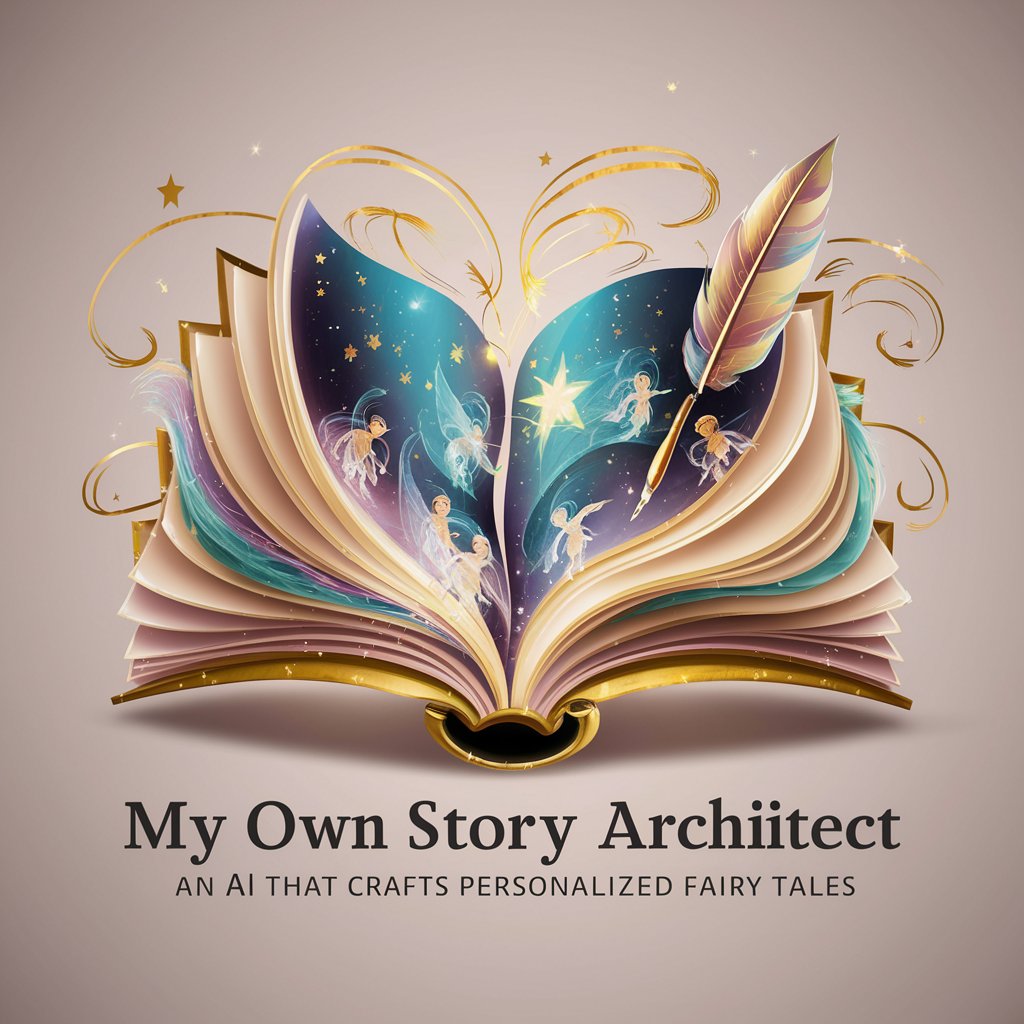
Create your own Adventure
Crafting Adventures with AI
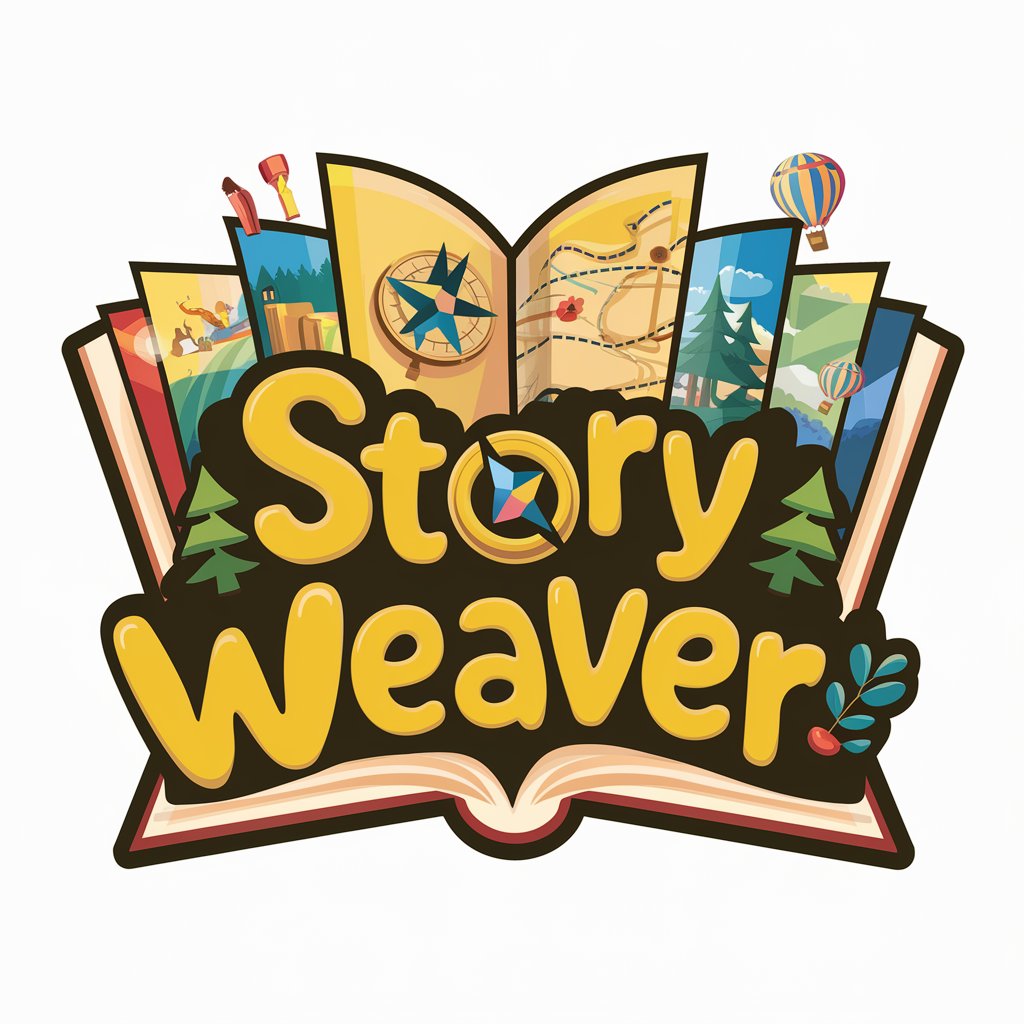
Keyword SEO Craft
Unveil Your Niche's Potential with AI-Powered Keywords

Detailed Q&A about Blog Helper
What makes Blog Helper unique for medical and rehabilitation blogging?
Blog Helper is specifically designed to assist with medical and rehabilitation topics, incorporating up-to-date, evidence-based insights and information from a wide range of relevant documents.
Can Blog Helper assist in generating content for academic publications?
While Blog Helper is an excellent tool for creating engaging blog posts, its use in academic writing should be supplementary, helping to generate ideas or provide general information that requires further validation and citation for academic purposes.
How does Blog Helper ensure the information provided is reliable?
Blog Helper utilizes a vast database of documents and evidence-based resources, focusing on delivering content that reflects current trends and knowledge within the medical and rehabilitation fields.
Can I use Blog Helper to generate content in languages other than English?
Blog Helper is primarily designed to assist in English. However, it can provide assistance in other languages, though the depth and accuracy of content may vary.
How can Blog Helper help me improve my blog's SEO?
Blog Helper helps create content that's not only informative and engaging but also structured in a way that's favorable to SEO practices, including the use of relevant keywords, headings, and links to authoritative sources.
